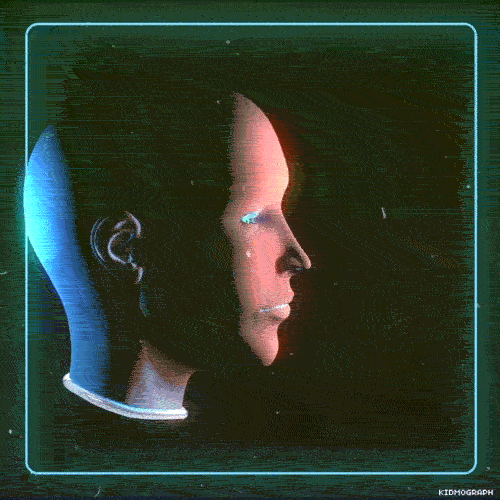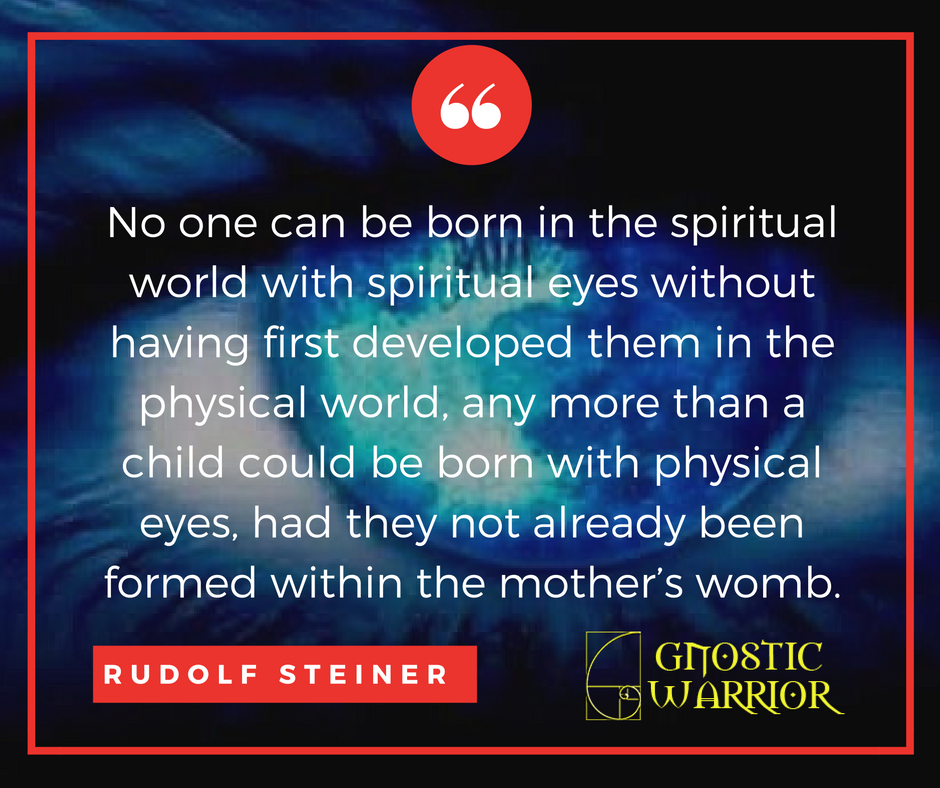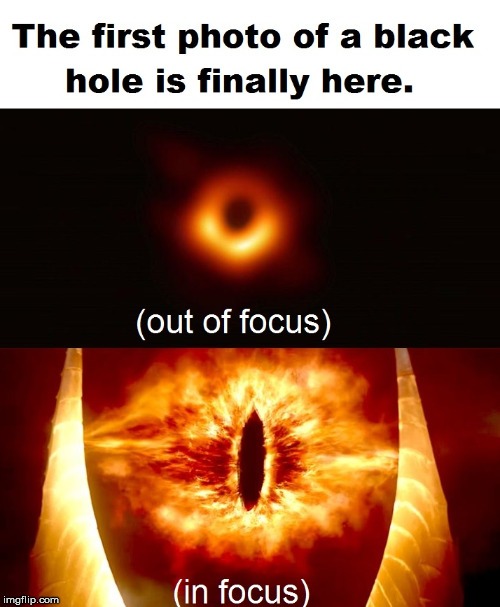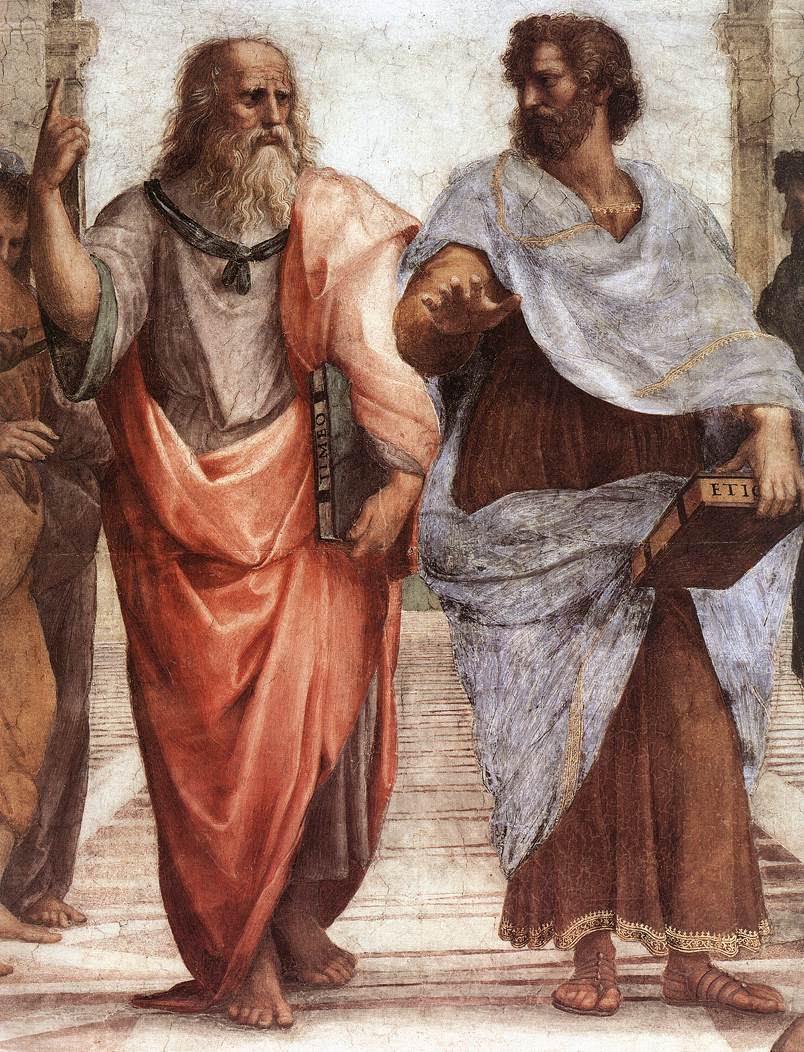Page 179
many of the inferior animals — to look with inner sight into the astral light, and there behold the images of past sensations and incidents. Instead of searching the cerebral ganglia for “micrographs of the living and the dead, of scenes that we have visited, of incidents in which we have borne a part,” they went to the vast repository where the records of every man’s life as well as every pulsation of the visible cosmos are stored up for all Eternity!
That flash of memory which is traditionally supposed to show a drowning man every long-forgotten scene of his mortal life — as the landscape is revealed to the traveller by intermittent flashes of lightning — is simply the sudden glimpse which the struggling soul gets into the silent galleries where his history is depicted in imperishable colors.
The well-known fact — one corroborated by the personal experience of nine persons out of ten — that we often recognize as familiar to us, scenes, and landscapes, and conversations, which we see or hear for the first time, and sometimes in countries never visited before, is a result of the same causes. Believers in reincarnation adduce this as an additional proof of our antecedent existence in other bodies. This recognition of men, countries, and things that we have never seen, is attributed by them to flashes of soul-memory of anterior experiences. But the men of old, in common with mediaeval philosophers, firmly held to a contrary opinion.
They affirmed that though this psychological phenomenon was one of the greatest arguments in favor of immortality and the soul’s preexistence, yet the latter being endowed with an individual memory apart from that of our physical brain, it is no proof of reincarnation. As Eliphas Levi beautifully expresses it, “nature shuts the door after everything that passes, and pushes life onward” in more perfected forms. The chrysalis becomes a butterfly; the latter can never become again a grub. In the stillness of the night-hours, when our bodily senses are fast locked in the fetters of sleep, and our elementary body rests, the astral form becomes free. It then oozes out of its earthly prison, and as Paracelsus has it — “confabulates with the outward world,” and travels round the visible as well as the invisible worlds. “In sleep,” he says, “the astral body (soul) is in freer motion; then it soars to its parents, and holds converse with the stars.” Dreams, forebodings, prescience, prognostications and presentiments are impressions left by our astral spirit on our brain, which receives them more or less distinctly, according to the proportion of blood with which it is supplied during the hours of sleep. The more the body is exhausted, the freer is the spiritual man, and the more vivid the impressions of our soul’s memory. In heavy and robust sleep, dream-
Page 180
less and uninterrupted, upon awakening to outward consciousness, men may sometimes remember nothing. But the impressions of scenes and landscapes which the astral body saw in its peregrinations are still there, though lying latent under the pressure of matter. They may be awakened at any moment, and then, during such flashes of man’s inner memory, there is an instantaneous interchange of energies between the visible and the invisible universes. Between the “micrographs” of the cerebral ganglia and the photo-scenographic galleries of the astral light, a current is established. And a man who knows that he has never visited in body, nor seen the landscape and person that he recognizes may well assert that still has he seen and knows them, for the acquaintance was formed while travelling in “spirit.” To this the physiologists can have but one objection. They will answer that in natural sleep — perfect and deep, “half of our nature which is volitional is in the condition of inertia”; hence unable to travel; the more so as the existence of any such individual astral body or soul is considered by them little else than a poetical myth. Blumenbach assures us that in the state of sleep, all intercourse between mind and body is suspended; an assertion which is denied by Dr. Richardson, F. R. S., who honestly reminds the German scientist that “the precise limits and connections of mind and body being unknown” it is more than should be said. This confession, added to those of the French physiologist, Fournie, and the still more recent one of Dr. Allchin, an eminent London physician, who frankly avowed, in an address to students, that “of all scientific pursuits which practically concern the community, there is none perhaps which rests upon so uncertain and insecure a basis as medicine,” gives us a certain right to offset the hypotheses of ancient scientists against those of the modern ones.

Moe is the founder of GnosticWarrior.com. He is a father, husband, author, martial arts black belt, and an expert in Gnosticism, the occult, and esotericism.





